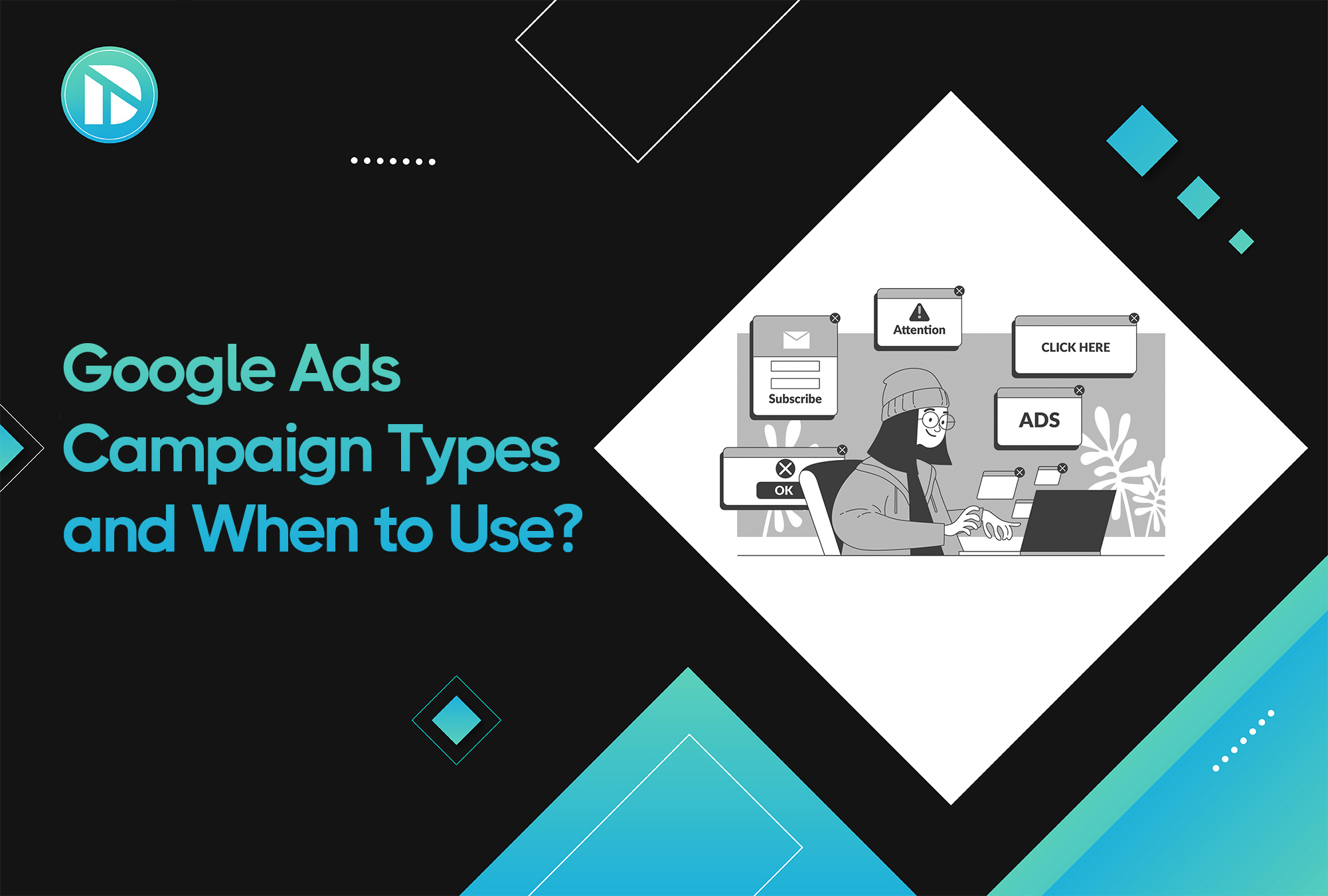Google is preparing for a major update known as the Search Generative Experience (SGE). This new feature represents a change in the way search results are produced and prioritized by utilizing artificial intelligence (AI).
SGE could change the way search engines work and impact organic rankings (and traffic) in ways that’re both expected and unexpected. Hence, it's imperative for ecommerce business owners and digital marketers to learn about this upcoming change and prepare themselves in advance. In case you're looking to do that, you've come to the right place.
In this blog post, we'll discuss the impact of SGE on search engines and what you can do to stay ahead in the game. Let's dive right into it!
Understanding SGE
Google's Search Generative Experience (SGE) is more than a minor adjustment to its search algorithm - it represents a significant advancement in AI-powered search innovation.
SGE alters Google's comprehension of user search intents and the display of search results. Rather than looking for keywords, the SGE concentrates on understanding what the user wants. This way it provides tailored, contextually appropriate outcomes on the search engine results pages (SERPs).
How SGE Works
When you use Google with SGE turned on, you’ll see a new addition: an AI-generated overview answering your query. However, it doesn't end there. When you engage with this primary response, SGE will produce extra responses underneath. It may include relevant web pages, product recommendations, and other content. It's like chatting with Google.
.png)
One of the key features of SGE is its ability to interact with the user and ask questions. Users can add more information to their initial queries to get more accurate answers. This interactive feature is truly a game changer for how we search for information on Google.
AI-Supported Searches - Yay or Nay for the Public?
With the evolution of the digital environment, AI-supported searches are gaining more popularity. A survey conducted by Statista found that approximately 50% of American adults are enthusiastic about adopting AI-driven search technology. The increasing interest is due to a range of advantages, such as objective outcomes, promotional suggestions, and enhanced ad significance.
The rate of adoption, which stands at 29% in American adults, shows a notable move towards AI-powered searches, especially given the early development of the technology.
Although there’s a generally positive perspective, the attitudes towards AI-driven searches differ greatly depending on age. The Statista survey found that over half of American adults indicated hesitance towards transitioning to AI-driven search engines.
Resistance was especially strong among Baby Boomers, with 54% of younger generation respondents also expressing reluctance to transition. Millennials show a greater willingness to embrace AI-powered searches, with 40% of participants from this age group open to using the technology.
This generation gap emphasizes the importance of developing marketing strategies that’re customized to meet the unique needs and wants of various age demographics. For example, younger users might be more drawn to AI-powered searches that’re unbiased and provide a personalized experience. However, older demographics could be convinced by addressing privacy issues and showcasing practical benefits.
Whatever the case may be, website owners and digital marketers must accept that change is coming, and that they need to adapt accordingly.
Here's What to Expect
The arrival of Google's Search Generative Experience (SGE) brings implications for businesses in the digital world. Here are a few things you should brace yourself for:
Personalization and Contextualization
SGE will transform search by providing tailored and contextually appropriate outcomes for individuals. This change requires customized content based on the individual requirements of users. Websites need to know their target audience to develop material that aligns with their preferences and purpose.
Authority and Reliability
Given SGE's increased focus on providing credible and reliable information, websites need to focus on building expertise in their specific industry.
Your should build and enhance your credibility by creating top-notch content using trustworthy sources and be transparent in your practices. Developing trust with users and search engines will be crucial for achieving success in SGE-driven search results.
Focus on User Engagement
It's expected that SGE will focus on user engagement metrics such as bounce time, dwell time, and click-through rate to decide on search rankings. Therefore, websites need to step up their content and SEO game to boost these metrics.
Prioritize the creation of interesting and persuasive content as it will stimulate user engagement and exploration.
Opportunity for Innovation
Expect SGE to bring about fresh chances for creativity in the digital domain. Websites that predict and adjust their approaches to align with changing search patterns will be in a strong position to take advantage of these changes.
You must stay flexible and willing to innovate to stay ahead in the era of SGE, from trying out new content formats to embracing new technologies.
Impact of Google SGE on SEO and Organic Rankings
The introduction of SGE means Google's algorithm now focuses more on grasping user intent rather than simply relying on keywords.
SEO strategies focused on keywords are being replaced by a more sophisticated approach as SGE prioritizes entities, relationships, and wider context. It encourages businesses to create thorough, reliable content that addresses related subjects. This compliments Google's Helpful Content Update, which was announced in August 2022.
As SGE revolutionizes user experience, it also presents obstacles for websites striving to achieve high rankings on Google.
Due to SGE dominating the top of the search engine results pages, organic listings could experience a decrease in traffic. Recent research indicates that the decrease could reach up to 30%, especially in industries such as healthcare, which are expected to be significantly impacted.
Furthermore, it’s estimated that SGE outcomes may be included in up to 86% of user searches. The result? Search engine results are further pushed down, providing lesser opportunities for websites to rank.
Although eCommerce may experience a decline in organic traffic, it's anticipated that well-optimized product pages will see an increase in organic traffic.
It's important to mention that the top organic search results may not always be visible in SGE outcomes. Research shows that the vast majority (93.8%) of generated URLs tested do not match any URLs found in organic search results on Page 1.
As a result, websites that depend on high-ranking keywords for organic success should prepare for possible adjustments if the SGE algorithm is implemented in its present state.
Strategies to Improve Your Website's Google Ranking Post-SGE Update
We know that by now, you're probably wondering how to keep up with this update. Here are a few tips to help you do that:
1. Prioritize Quality Content: Websites need to focus on producing thorough, authoritative content that covers the wider context of a topic. SGE values content that offers useful information and responses to users' questions, regardless of whether it contains a specific keyword phrase.
2. Content Clustering: Using a content clustering strategy can also help tackle the SGE update. This strategy involves arranging connected subjects into thematic clusters or topic hubs. Businesses can boost their search result rankings by showcasing their expertise and relevance to Google by producing interconnected content that addresses different facets of a subject.
3. Target Specific Queries: Focus on targeting specific, niche queries instead of broad topics for better results. This method helps companies draw in customers who are nearing a decision to buy, raising the chances of them making a purchase.
4. Improve Readability: Simplify content for easier comprehension as SGE favors content that’s easy to read and available to everyone.
By adjusting content strategies to match SGE's priorities, websites can enhance their visibility and relevance in search results. It'll help them achieve improved outcomes for their online presence.
Incorporating User Experience and Engagement in Your SEO Strategy
Since the launch of Google's Search Generative Experience (SGE), user experience (UX) has become a more important part of search engine optimization. SGE gives more importance to websites that have smooth navigation, quick loading speeds, and are optimized for mobile use.
Poor user experience and low quality content leads to high bounce rates and low dwell time, while unattractive meta titles and descriptions result in low click-through rate (CTR). Here's a quick overview of these metrics:
Bounce rate: The percentage of visitors who navigate away from your site after viewing only one page. A high bounce rate suggests that your content does not meet user expectations, leading to disengagement and potentially lower search engine rankings as your content is not 'helpful' enough.
Dwell time: The amount of time a user spends on a webpage after clicking a link from the SERPs. Persistent low dwell time can push your website further down in SERPs, reducing organic traffic and potential conversions, as the Google algorithm may flag your content as irrelevant or unhelpful.
Click-through rate: CTR measures the percentage of users who click on your link after seeing it in the SERPs. Low CTR indicates that your meta titles and descriptions are not compelling enough, leading to missed opportunities for engagement.
Here are a few quick and easy tips to improve these metrics and your website's UX:
- Use resources like Google's PageSpeed Insights to discover and fix any performance problems that could impact loading speeds
- Optimize your website for mobile by making sure it’s responsive and offers a smooth user experience on all devices
- Simplify website navigation by using clear menus and logical page structures to make it easy for users to find relevant information
Using Structured Data and Semantic Markup to Improve Your SERP Ranking
Structured data and semantic markup are crucial for improving visibility in search engine results. Here's a brief description of each term in case you are not familiar with them:
1. Structured data offers crucial information to the extensive language models (LLMs) that drive SGE. It provides in-depth details on both content and business entities, helping search engines improve their comprehension and interpretation of the content. This knowledge enables SGE to provide users with search results that’re more precise and appropriate to the context.
2. Using schema.org markup is crucial for improving visibility in search results driven by SGE. Schema.org offers a uniform set of terms for annotating web pages. It simplifies the process of content interpretation and presentation by search engines. Businesses can offer search engines important details about their content, products, and services by integrating schema markup into their websites.
Conclusion
There's no doubt that the arrival of Google's Search Generative Experience (SGE) will be a major breakthrough in the field of SEO.
In this blog post, we have discussed how SGE will transform the process of creating and organizing search results, prioritizing user intent, customization, and context.
For businesses and digital marketers, it’ll be crucial to embrace the principles of SGE to remain visible and relevant in search results. This involves focusing on producing top-notch, in-depth content that answers user questions and offers valuable information. It also includes enhancing user experience metrics and keeping up with new trends and algorithm updates.
Although SGE is expected to bring a new set of challenges for websites, it'll also bring new chances for innovation and growth. Businesses can set themselves up for success in the age of SGE-driven search experiences by being open to change and staying flexible in their SEO approach.
Are you ready to transform your digital marketing strategy? Contact DIGITORM today and let our expertise and innovative approach guide you through the ever-evolving world of SEO.
.png)









